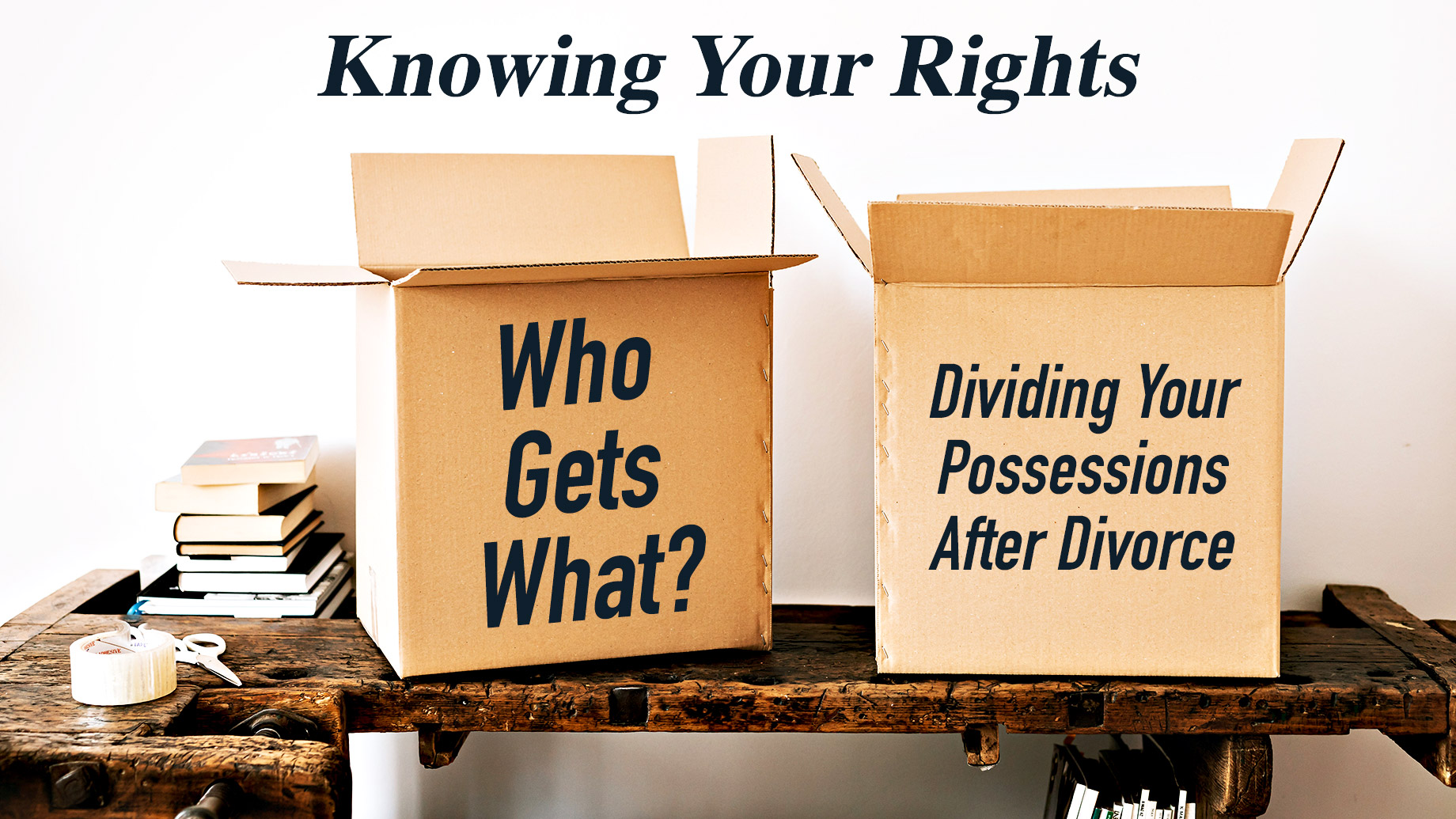
When a marital separation is relatively peaceful, divorced (or soon-to-be-divorced) couples may find it easier to work as a team to ensure items are divided fairly. Whether you’re dividing smaller possessions or selling the house during a divorce, here’s how to ensure both you and your ex get a fair deal.
Roll Up Your Sleeves
In trying times, one of the most helpful things we can do is to try and deal with the practical side of things. While this won’t help to resolve the long-term emotional fallout, focussing on logistics can help to get you through those initial few weeks.
While doing so, it can help to be strategic: together (or with a neutral third party, if required), take inventory of all the items in your home and decide whether they are marital (items acquired together), or separate assets (the inherited and/or premarital assets of one ex-spouse).
Deciding Who Gets What
A pre-nup is an agreement made prior to the marriage outlining who receives assets in the event of a divorce. If you don’t have one, your options depend on which state you are based in, and may be decided based on one of two methods:
- Equitable property or dissolution: This is where marital assets are divided on an equitable basis and separate assets are kept by the original owner
- Community property: This is where any assets are split 50-50; aside from inherited or premarital assets
In legal terms, dividing household items can be recorded using a financial order. Once this has been court-approved, it is legally binding, ensuring each gets what has been agreed on. In some cases, there may be conflict over who gets what, and family courts are unlikely to assist, particularly with low-value assets. The best way to resolve this is through formal mediation.
Children’s Items
In the midst of a divorce, the needs of children fall by the wayside far too often. Whether your partner bought one of their items or not, as soon as it is in the child’s hands it is their possession. Treating children’s items as things to be sold or fought over can be incredibly damaging, whereas allowing autonomy over their belongings can help children to get through a traumatic time with a greater sense of ease and personal stability.
Be Civil
This may be more feasible for some than others, especially if your relationship is toxic or abusive (in which case safety and support from trusted sources should come first). As far as you feel able to, try to exercise compassion for yourself and each other (while maintaining your boundaries). You may find that you can settle out of court; if not, hire legal representation.
Seeking support can also help ease the process for everyone involved. This may include asking a friend or family member to help you move. Counseling or formal mediation can also help. This isn’t just for couples who are together; it can also help them to navigate difficult situations following separation or divorce.